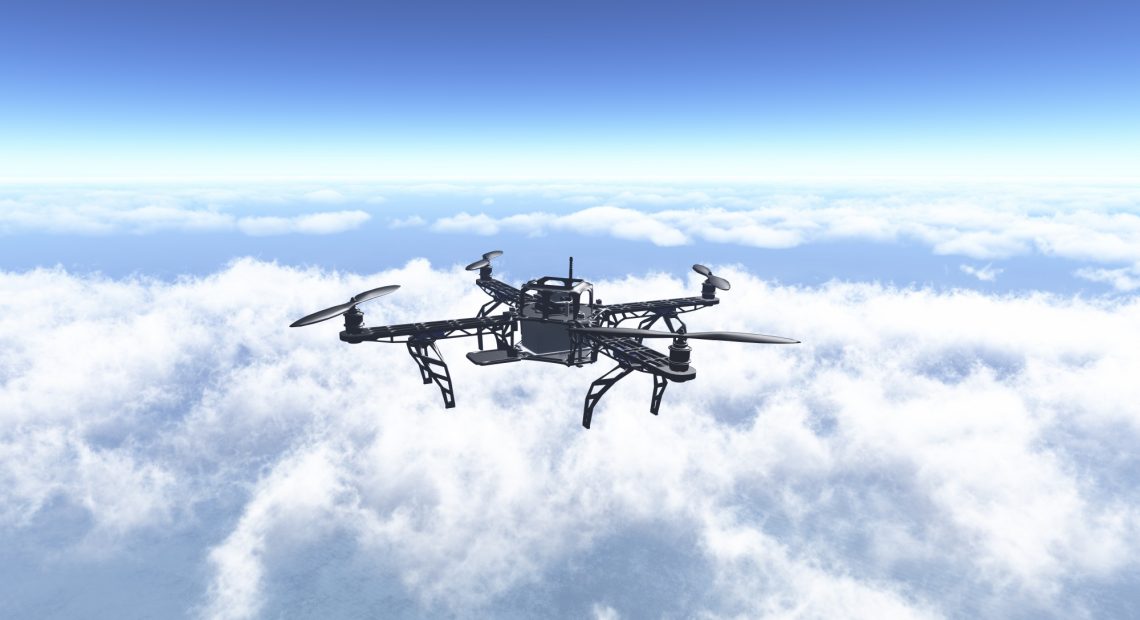
Drone Attacks Halt Oil Production in Kurdistan
Drone strikes have once again targeted oilfields in the Kurdistan region of northern Iraq, marking the third such incident in a single week. The latest attacks forced the shutdown of key oil production facilities, severely impacting the region’s output and raising serious concerns over energy security.
The drone strikes hit oilfields operated by Norwegian company DNO in the Zakho district, including the Tawke and Peshkabir fields. Damage was reported to storage tanks and processing units, leading to an immediate halt in operations. Soon after, another set of attacks targeted the Ain Sifni field, operated by a U.S.-based firm in Dohuk province. As a precaution, activities at other nearby installations were suspended as well.
Output Falls Nearly 50%
Regional energy officials confirmed that the attacks have slashed Kurdistan’s daily oil output by nearly half. An estimated 140,000 to 150,000 barrels per day have been lost, down from the region’s usual production level of about 285,000 barrels per day. Emergency protocols have been activated, and oil workers have been temporarily relocated for safety.
Despite the scale of the damage, there have been no reported casualties. Security forces are continuing investigations into the source of the drones. While local authorities suspect Iran-backed armed groups, no organisation has officially claimed responsibility for the incidents so far.
Political and Economic Ramifications
The repeated drone strikes have come at a time when tensions between the Kurdistan Regional Government and Baghdad remain high, particularly over oil revenue sharing and export autonomy. Analysts warn that continued attacks could further destabilise the region and discourage foreign investment in Iraq’s energy sector.
The Kurdistan administration has called for increased security support and urged international stakeholders to help protect vital energy infrastructure from future threats.


















